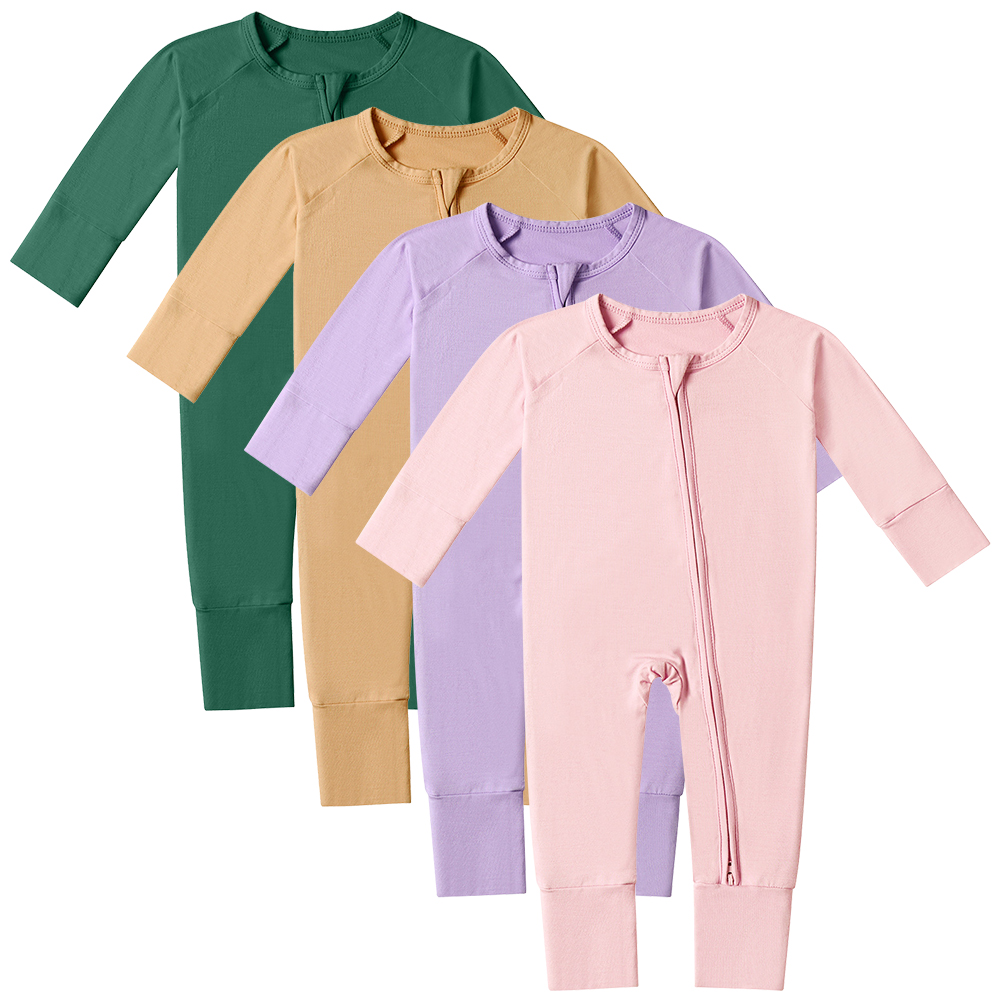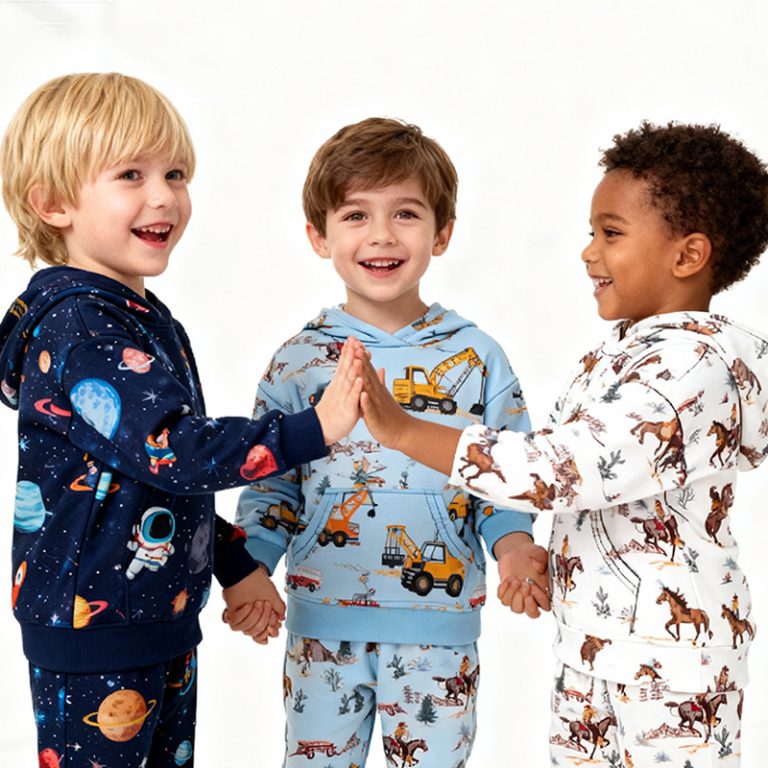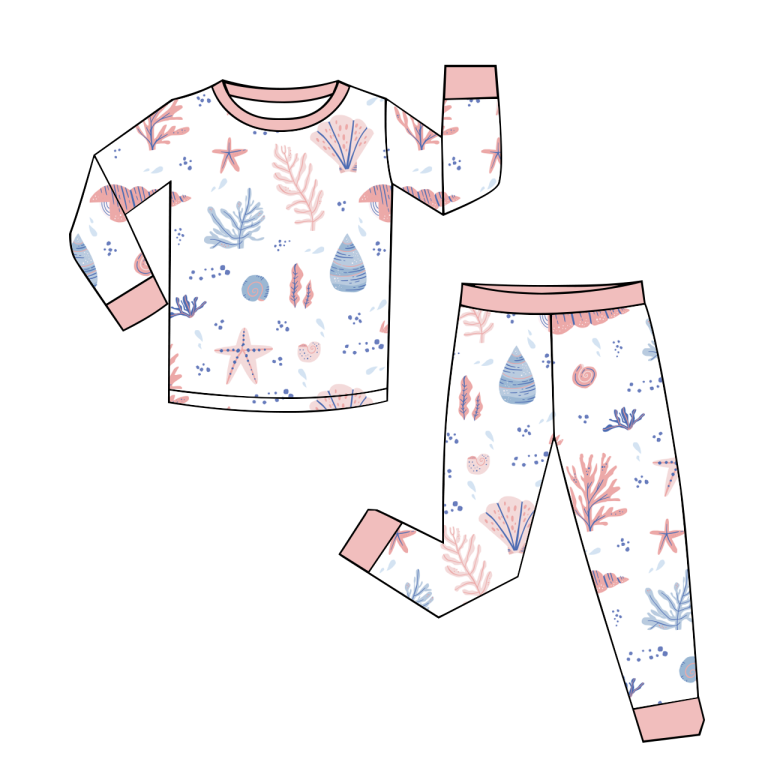custom bamboo baby pajamas C-TPAT Trustworthy Manufacturers
# Custom Bamboo Baby Pajamas: C-TPAT Trustworthy Manufacturers
When it comes to choosing the best pajamas for babies, parents are increasingly leaning towards options that promise comfort, safety, and sustainability. Bamboo baby pajamas have emerged as a popular choice due to their softness, breathability, and eco-friendliness. However, selecting the right manufacturer for these garments is crucial, especially when considering certifications like C-TPAT, which ensures trustworthy supply chains. This article will guide you through the important aspects to consider in custom bamboo baby pajamas including fiber selection, certifications, factory standards, and seasonal usability.

Hollow fibers
Understanding Bamboo as a Fiber for Baby Pajamas
Bamboo is celebrated for its incredible softness and hypoallergenic properties, making it an ideal fabric choice for baby pajamas. The natural bamboo fiber is both breathable and moisture-wicking, which helps regulate a baby’s body temperature, ensuring they remain comfortable throughout the night. The fiber is also biodegradable, adding an eco-friendly edge to bamboo garments. Additionally, bamboo fabric possesses natural antibacterial qualities, reducing the chances of irritation and allergies for sensitive baby skin. Understanding these properties is essential when opting for custom baby pajamas that prioritize both comfort and sustainability.
Certifications: Ensuring Quality and Safety
Certifications play a significant role in determining the quality and safety of bamboo baby pajamas. One crucial certification is the Customs-Trade Partnership Against Terrorism (C-TPAT), which is pivotal for manufacturers involved in international trade. C-TPAT certification signifies that a manufacturer adheres to stringent supply chain security requirements, minimizing risks and ensuring reliable product delivery. Moreover, look for manufacturers that hold Oeko-Tex Standard 100 certification, which guarantees that every component of a garment has been tested for harmful substances and is safe for infant use. Certifications such as Global Organic Textile Standard (GOTS) may also indicate that the bamboo used is organically grown and processed, further enhancing its safety profile.
Selecting a Reputable Factory

No pilling
When choosing a manufacturer for custom bamboo baby pajamas, the factory’s standards are of utmost importance. A reputable factory will comply with international labor laws, ensuring ethical working conditions for its employees. Additionally, such factories will have robust quality control processes in place, ensuring each garment is high-quality and free from defects. Manufacturers who are C-TPAT certified also demonstrate a commitment to security and efficiency throughout their supply chain, reducing the risk of delays and ensuring that products reach the consumer without unnecessary hiccups. Visiting a factory or requesting a virtual factory tour can provide insights into their operational standards and capabilities.

Hollow fibers
Bamboo Pajamas for Every Season
An exceptional feature of bamboo fabric is its versatility and adaptability across different seasons. Bamboo baby pajamas are naturally temperature-regulating, which makes them suitable for both warm and cool climates. During warmer months, bamboo’s breathability helps wick moisture away from the body, keeping babies dry and comfortable. Conversely, in colder weather, bamboo retains heat effectively, offering warmth without the risk of overheating. This year-round utility makes bamboo pajamas a practical investment for parents. Customizing bamboo pajamas with specific weights or adding layers can further tailor them to particular climate needs, ensuring maximum comfort throughout the year.
The Environmental Impact of Bamboo Pajama Production
A significant advantage of opting for bamboo baby pajamas lies in their reduced ecological footprint. Bamboo is one of the fastest-growing plants, requiring minimal water and no pesticides, making it highly sustainable compared to conventional cotton. Additionally, bamboo cultivation enhances soil quality and produces more oxygen than similar-sized trees. When selecting a manufacturer, inquire about their environmental practices to ensure they prioritize eco-friendly production methods. This includes responsible sourcing of bamboo, implementing energy-efficient manufacturing processes, and minimizing waste. Support manufacturers who take responsibility for their environmental impact, as this contributes to a healthier planet for future generations.
In conclusion, selecting custom bamboo baby pajamas involves careful consideration of fabric properties, certifications, manufacturer reliability, seasonal adaptability, and environmental impact. Prioritizing these factors ensures that parents provide their babies with pajamas that are not only comfortable and safe but also sustainable and ethically produced. By choosing C-TPAT trustworthy manufacturers, consumers contribute to maintaining a secure and efficient supply chain, ultimately promoting a more sustainable and responsible fashion industry.





